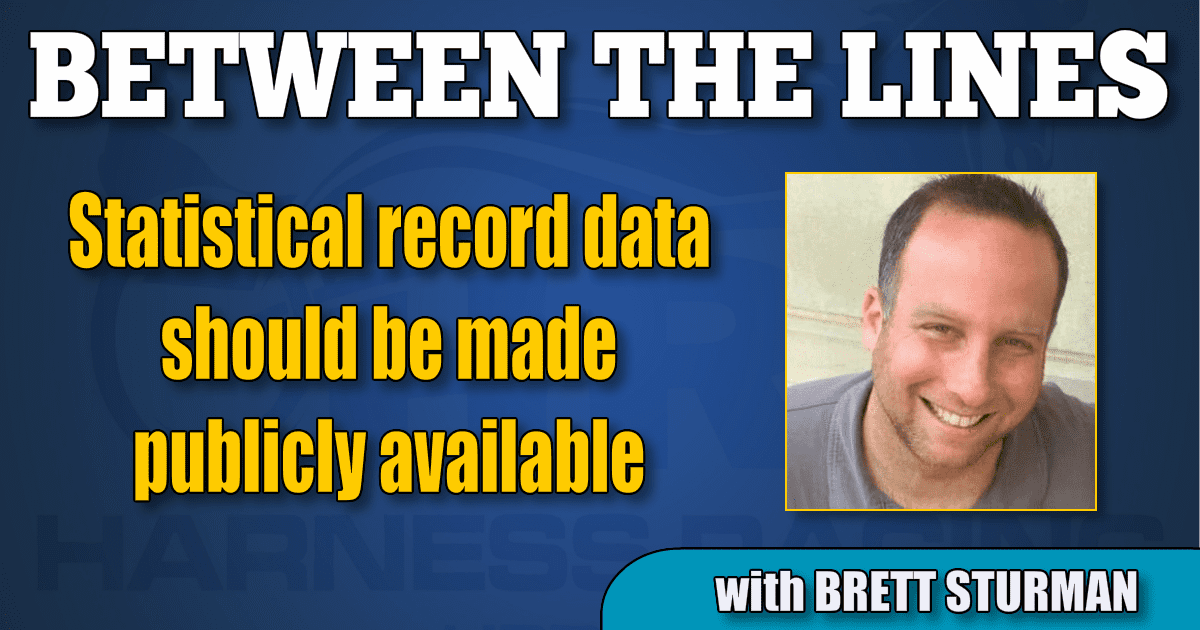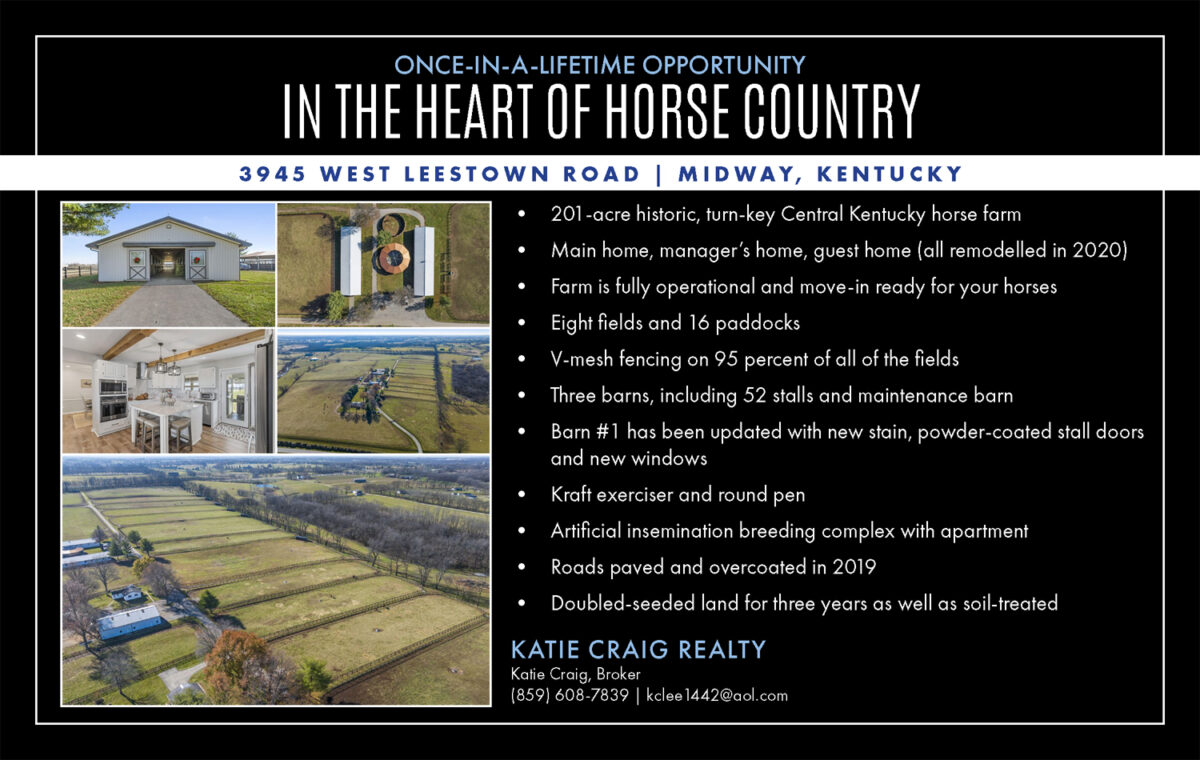

Statistical record data should be made publicly available
by Brett Sturman
Last Saturday at Freehold Raceway, Nick Surick won seven races on the card as a trainer (all with Andy Miller driving). In fact, not only did Surick win seven races, but he won all seven races that he had starters in. In his possible engagement with history, the first thought that came to mind was if that was some type of record. Where does seven training wins rank all-time on a single card, and has any trainer ever won 100 per cent of his races with as many as seven starts? The immediate answer to all of these questions was: who knows?
There isn’t any central location to go to in hopes of finding out what pretty basic records are.
As it turns out, Surick’s seven wins from Freehold were indeed a new record specific to Freehold going back to at least 1992, when statistics were first electronically maintained. In winning seven races, Surick broke his own record of six training wins at Freehold, which he accomplished three times previously (twice in November of 2017 and once in November of 2018). But as it turns out, seven wins isn’t even close to the record number of wins on a card by a trainer. That record belongs to Donald Eash, who had 12 wins at the Goshen Indiana Fair in September of 2014. In fact, 54 times since 1992 has a trainer won seven or more races, although most of those have occurred at fairs. Of those 54 instances of seven or more training wins, Eash alone owns 17 of those.
To know these statistics, a request had to be made to information and research specialists at the United States Trotting Association (and the representative that assisted me with the information was very timely and helpful, by the way). But the question is, why are seemingly standard statistics not available anywhere to begin with?
In any other sport, these types of statistics and records is commonplace and can be found everywhere. If you’re wondering what the all-time record is for number of rushing yards in an NFL game, you can find it in two seconds through a Google search (it’s Adrian Peterson with 296 yards). How about what the record is for number of strikeouts in a major league baseball game? The same quick Internet search would show in a second that four pitchers are tied for the record with 20.
Why is it so hard in harness racing to find similar statistics for all-time records? This is a problem with horse racing as a whole, as the thoroughbred industry isn’t much better. But is there a legitimate reason as to why this specific type of data isn’t available, or can’t be accessed free of charge?
It’s well known and a major issue to many that data within the industry is kept vastly on lockdown by those who control and own it. It’s been long debated previously as to why data such as past performance information isn’t free and, similarly, why does it cost money to access sire and breeding statistics? In all of these instances, the purpose of pursuing the data is to invest back in some way into the sport, so why make it more difficult to access data that would lead to more informed consumer decisions?
In the case of statistical records though, it should be even more simple. There’s really no purpose or nothing that can be done with the data other than to be aware of the sports tradition and history.
To its credit, the USTA does currently show a sampling of the sports records through the Top Performers section on it’s website. Here, you can see statistics for the top 50 pacers and trotters for each of the most recent 5 years, plus the top 50 pacers and trotters of all-time from 1992. Those same time periods are also available for the top 50 trainers and drivers, which all in all isn’t a bad start.
But anything in addition to that isn’t available. If you want to know any type of record specific to a track for a horse or person, you’re going to be out of luck. For example, finding out what the record number of wins is for a driver at Cal Expo or finding the top 10 fastest trotters ever at Hoosier Park isn’t something that’s readily accessible except to a select few.
The USTA was gracious in granting my request for data to determine if seven wins was a Freehold training record, but depending on the types of future data requests, a fee could be incurred for the requested data to be retrieved. Understanding there is a cost to have a resource be available to query ad-hoc data requests, here’s where the process could be easier.
Statistical record data should be open to everyone, so that those interested in the sport can track noteworthy occurrences. Similar as to how search, filtering and grouping features already exist within Pathway, a similar function could be put into place that allows anyone to search through the record breaking or milestone types of data. This isn’t to say that the USTA needs to become the harness racing version of the Elias Sports Bureau, but it would be nice if the sports record keeping organization could be just a bit more open with the records it keeps.
For a sport that is so rich with history, records and data, that information should be visible for all to see.
Note: Statistical information from the US Trotting Association















